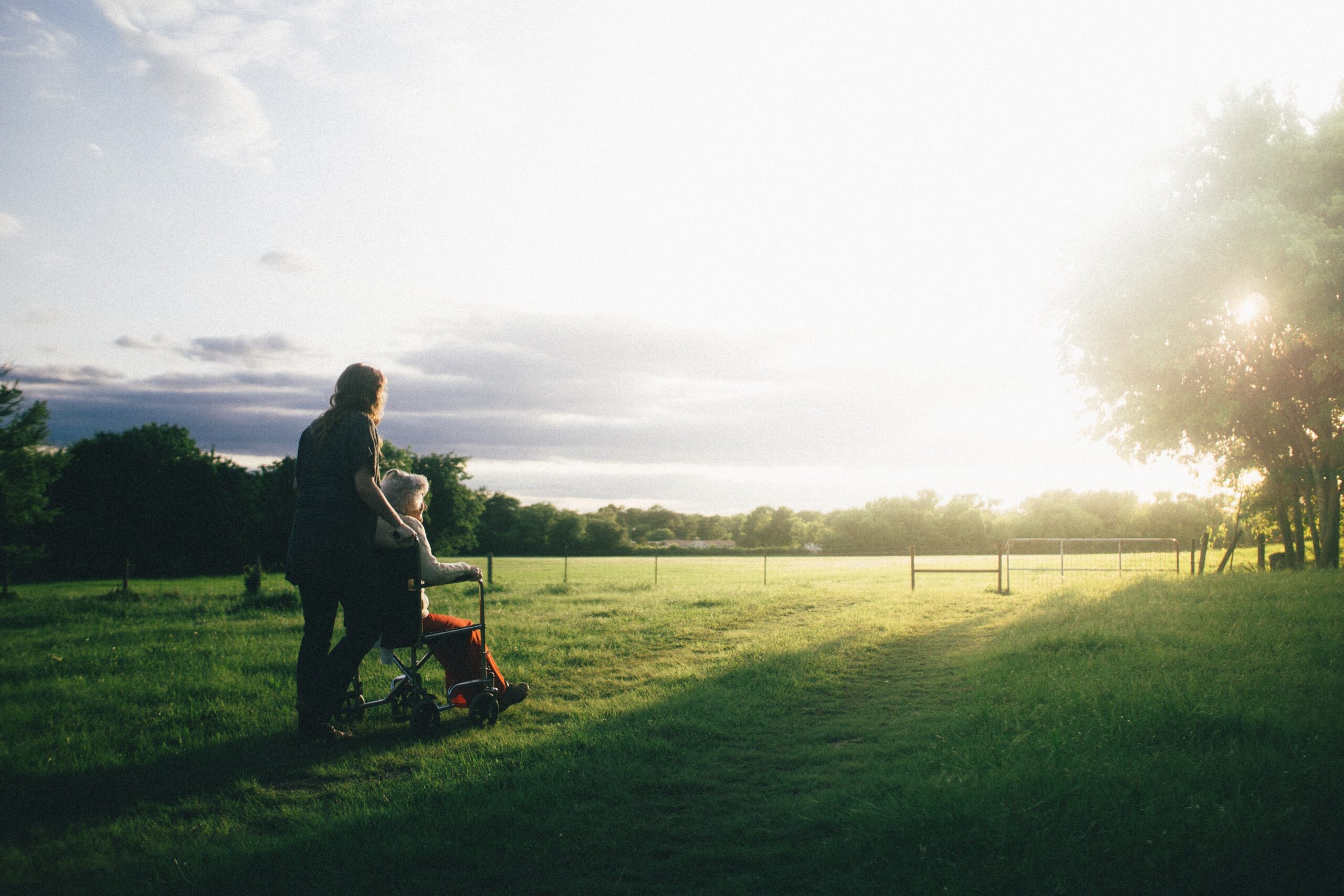According to the National Institutes of Health (NIH), more than one in three people age 65 years or older falls each year. There are many contributing factors that add to this significant number.
“Diabetes, heart disease, problems with thyroid, nerves, feet, or blood vessels can affect [a person’s] balance.”* While symptoms and unfortunate events can present at any age, I’ve decided to focus and relay data for the population of 65 years and over.
As we age, medication use, ailments, and falls are common. What I’ve seen more often than not are falls that injure the hip or pelvic bone, end up being more challenging due to the typical bedridden recovery time. Every fall and injury deserves attention.
While a real clear-cut answer is a bit elusive, I was curious as to the contributing factors of falls – i.e. how balance and hydration are related.
The NIH states that balance problems are a frequent reason older adults seek help from their doctors. Balance problems “are often caused by disturbances of the inner ear. Vertigo, the feeling that you or the things around you are spinning, is a common symptom.”**
Lack of balance is a contributing factor for falling (whether it be getting up out of a chair without falling, bending over without falling, or climbing stairs without falling).
While growing up, I learned that it’s common at assisted living facilities for medical staff or a family member to wait outside a cracked bathroom door while a resident/family member uses the bathroom. This is in order to assist them before and after bathroom use, in an effort to prevent a bathroom fall.
“The part of the inner ear that is responsible for balance is the vestibular system (labyrinth).”** One condition can occur if the labyrinth becomes swollen or infected. Other causes can be from viral, respiratory or sometimes bacterial infections.
Diabetics may be more familiar with this earlier in life because “low blood pressure can also cause dizziness.”** In addition, “many medicines may also lead to balance problems.”** It’s likely something many of us don’t think about as a medication side effect. I’d lean to say an upset stomach, negative effects from sun exposure, nausea, or insomnia are more common.
If you or a loved one are experiencing balance problems, it may be helpful to schedule an exam by your primary doctor or an ear, nose and throat (ENT) specialist.
Off the top of my head, I can think of two friends over the age of 65 who have taken terrible falls (injuries included one pelvic and one hip) in the past 12 months.
This led me to wonder if there are any small tips or daily habits that can help even minimize or lessen the likelihood of falls. Interestingly enough, water plays a positive role.

We learn from an early age that staying hydrated is crucial. And most of us have learned about the fistful of major benefits that water provides when consumed.
“Water is vital for life as it serves several critical functions.”*** It is a transporter of nutrients, regulates body temperature, lubricates joints and internal organs, provides structure to cells and tissues, and can help preserve cardiovascular function.”
A lot of prescriptions I’ve taken over the years for migraine, sinus infections, and the like have come with the message to drink adequate water upon taking. As well, pharmacists have reminded me at the counter.
I learned the hard way one time when I didn’t know I should drink 8 ounces of water when I took a certain medication and it led to burning an ulcer in my esophagus. Highly uncomfortable and scary at the onset. I’ll never overlook those directions again.
One of my grandmother’s doctors recommended taking a spoonful of yogurt with certain medications. That is “extra insurance” that the medication travels down smoothly.
(Ever wonder if you should tell your doctor about the supplements you take? Dr. Pearce has some vital insight in this article.)
To underscore the frequency of falls, “each year 3 million nonfatal fall injuries among older adults are treated in emergency departments.”**** This number surprised me, although it really shouldn’t. It goes back to pain being the #1 reason people seek medical help! A few of the leading factors of these falls includes: medications, dehydration, muscle weakness and pain.
“Dehydration can lead to impaired brain perfusion, with subsequent dizziness and orthostasis.”****
This study analyzed the associations between medication use, falls/death and dehydration. The results concluded that 37.9% (11,622 out of 30,634 patients) were dehydrated.
I circle back to the more we know, the better we can take care of ourselves and our loved ones. Be it a diabetic meal replacement shake that includes complete, balanced nutrition, chicken noodle soup, a cup of green tea, or plain old water – finding ways to consume and stay hydrated can only help our bodies.
*https://www.nia.nih.gov/health/prevent-falls-and-fractures
**https://www.nia.nih.gov/health/balance-problems-and-disorders
***https://www.ncbi.nlm.nih.gov/pmc/articles/PMC4207053/
****Association between dehydration and falls, Mayo Clinic, Irene Hamrick, MD et al., June 2020; https://www.sciencedirect.com/science/article/pii/S2542454820300217
Coming next: Neuro-ophthalmologist says there is “no such thing” as ocular migraine
Please consider sharing this article with family, friends, neighbors, coworkers. Let’s help each other reach optimal health.
